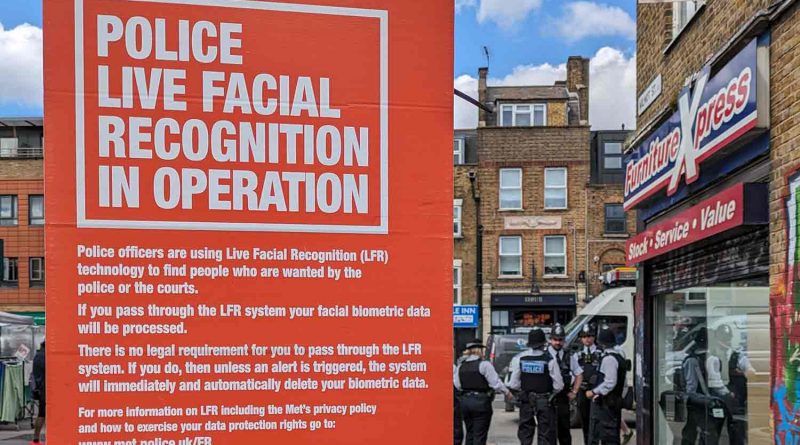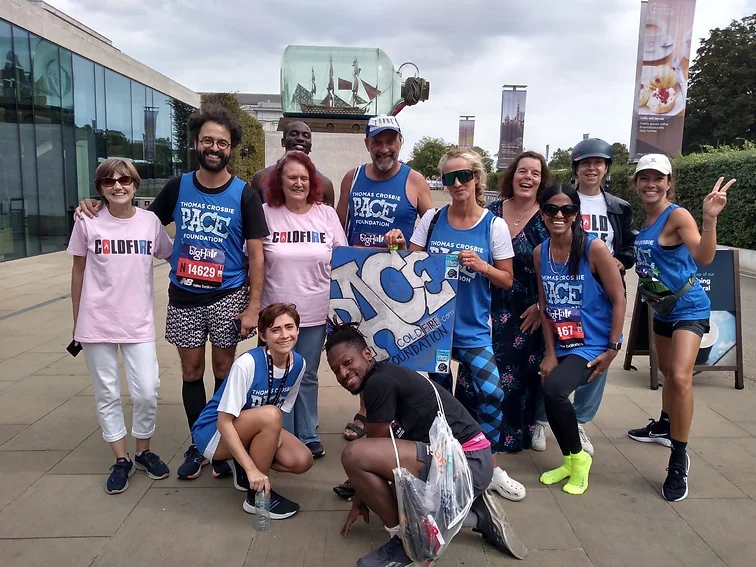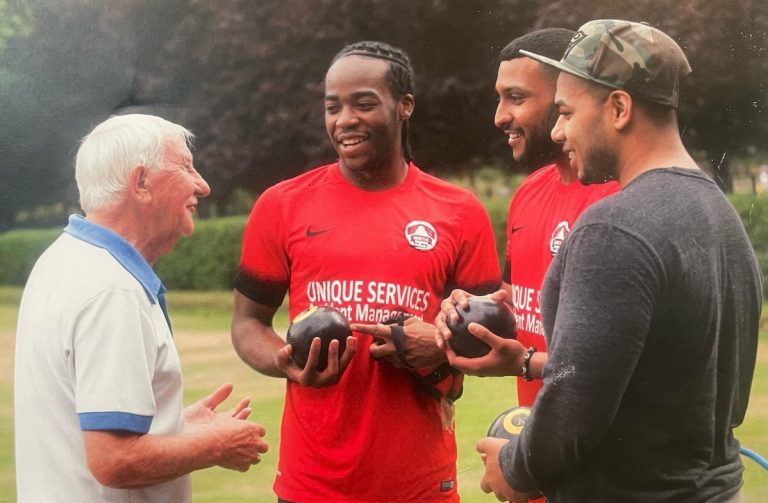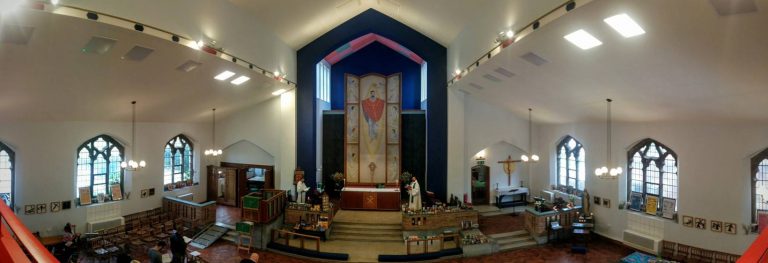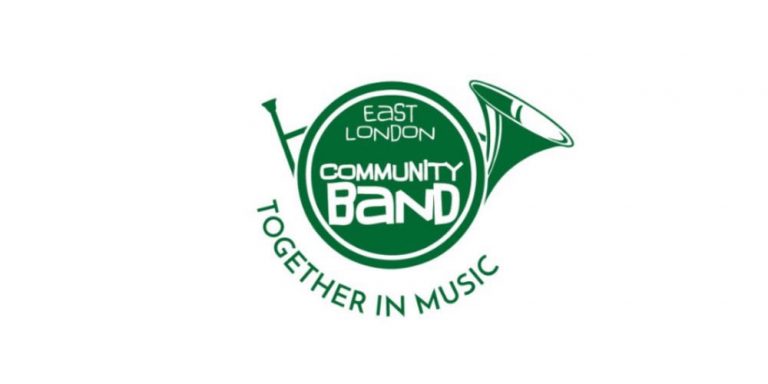Police in Tower Hamlets are using live facial recognition technology to tackle crime
Live Facial Recognition technology being used on our high streets can help police find those wanted for questioning, but it has also raised privacy concerns.
On Wednesday 15 May, Metropolitan Police deployed Live Facial Recognition (LFR) technology in Tower Hamlets and three arrests were subsequently made, including one person wanted for assault and another in possession of GHB, an illegal drug.
The more observant of us may have noticed signs about Live Facial Recognition appearing on lamp posts in the local area. They explained that LFR was being used and that it was not mandatory to walk through the radius where faces were being scanned.
LFR technology works by scanning the faces of passersby and looking for matches in a police database. Each person who walks through an area that is being scanned by police has their face mapped and assigned a unique profile, which is then compared with known people wanted by the police.
The Metropolitan Police have been deploying LFR since 2020, with a significant increase in usage across London from 2023 onwards. This was the second time LFR was used in Tower Hamlets and the first time it was used in Bethnal Green. In most instances, LFR was only deployed for a few hours.
When asked why Tower Hamlets was chosen specifically, a Metropolitan Police representative said it was ‘led by intelligence’.
Metropolitan Police claims the technology is an effective and accurate way to find and stop criminals. However, it has raised concerns about privacy, algorithm bias and over-policing.
In a post on X (formerly Twitter), the Metropolitan Police said: ‘We know the community has concerns about crime in the Tower Hamlets area and so yesterday we deployed LFR technology.’
Tower Hamlets has London’s fifth-highest crime rate. Recently, the Tower Hamlets council also invested £4 million into improving the borough’s CCTV.
When asked if they were consulted on the use of LFR in the borough a Tower Hamlets Council spokesperson said: ‘It is not a Council decision it is the police decision and lead. We are made aware when it is being deployed.’
On social media, LFR being used in Tower Hamlets was polarising.
‘If u haven’t done anything wrong then there is nothing to worry about…’ wrote Nazeerah Rahman. Another comment from Saikat Mojumder read: ‘We are giving up our freedom slowly.’
Several comments referred to George Orwell’s dystopian novel 1984, while others said they liked the idea.
LFR is especially controversial in the UK because of a lack of legislation. There is no specific law in the UK for LFR, meaning it is up to the police to decide how it is safeguarded. In contrast, untargeted facial recognition databases are banned outright in the EU. In South Wales, the Court of Appeals ruled in 2020 that police had violated the right to privacy with their use of facial recognition.
Many are also worried about the accuracy of LFR, including privacy campaigning organisation Big Brother Watch (BBW). According to its research, six out of seven matches made by the Metropolitan Police using facial recognition technology have been false. BBW has shown that the Met overstate the tech’s accuracy by measuring false matches against the total number of faces seen, instead of the number of correct matches.
Mark Johnson from BBW said: ‘Rather than actively pursuing people who pose a risk to the public, police officers are relying on chance and hoping that wanted people happen to walk in front of a police camera.’
Facial recognition technology has also been criticised for a tendency towards racial and gender bias. A study carried out by a US government agency found that many systems, including some used in the UK, frequently misidentify women, black and Asian people.
With White British residents comprising only 31% of the borough’s population (in contrast to the national average of 80%), this could be a concern for residents of Tower Hamlets. Racial profiling is already a topic of conversation, with recent arguments over the borough being called a ‘no-go’ zone.
Lyndsey Chiswick, director of intelligence for the Metropolitan Police said about the May 15 deployment that ‘every deployment has a unique watchlist which is generated at the start of the day and immediately deleted at the end of the deployment’.
LFR technology is a tool which has helped police find those wanted for questioning. At the same time, it brings up important questions about privacy, profiling and over-policing. Whether or not the pros outweigh the cons remains to be seen.
If you liked this you might like General election 2024: Everything you need to know about who’s standing in Tower Hamlets

